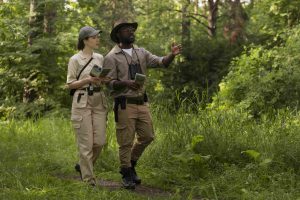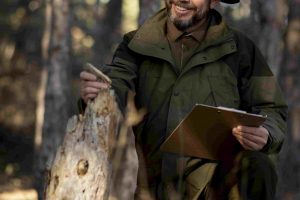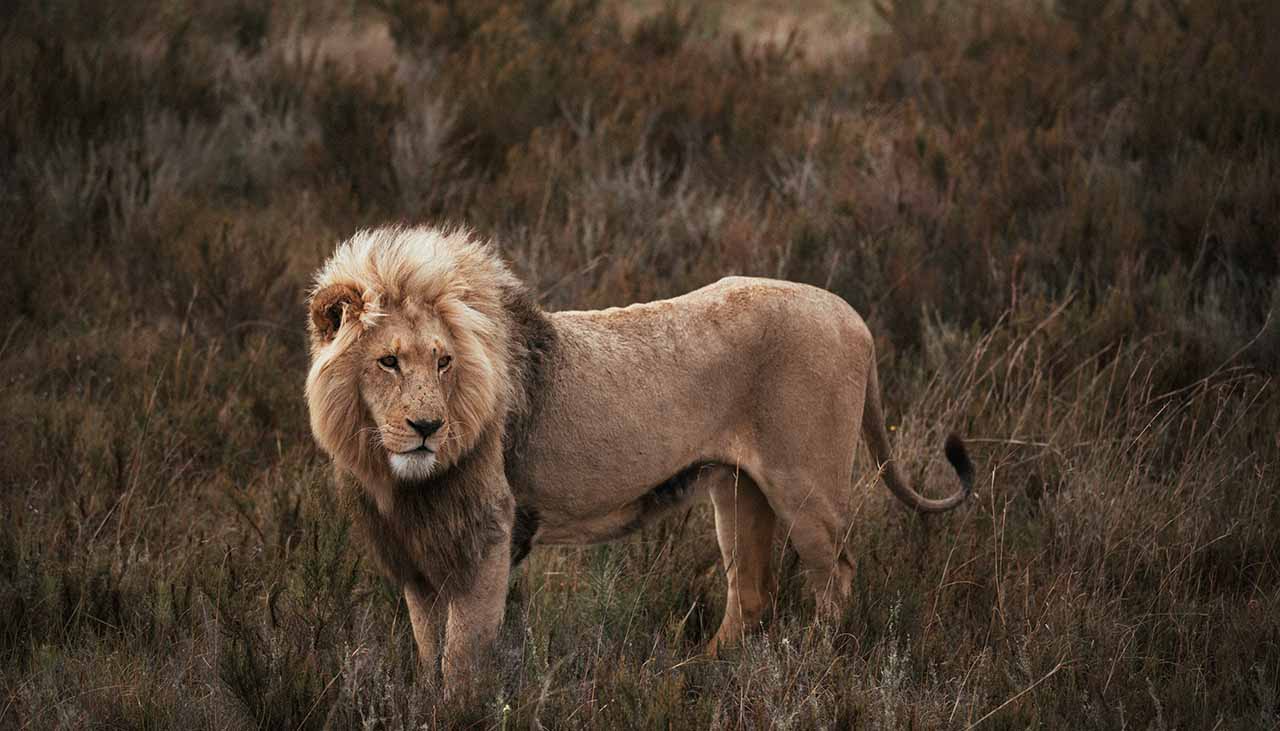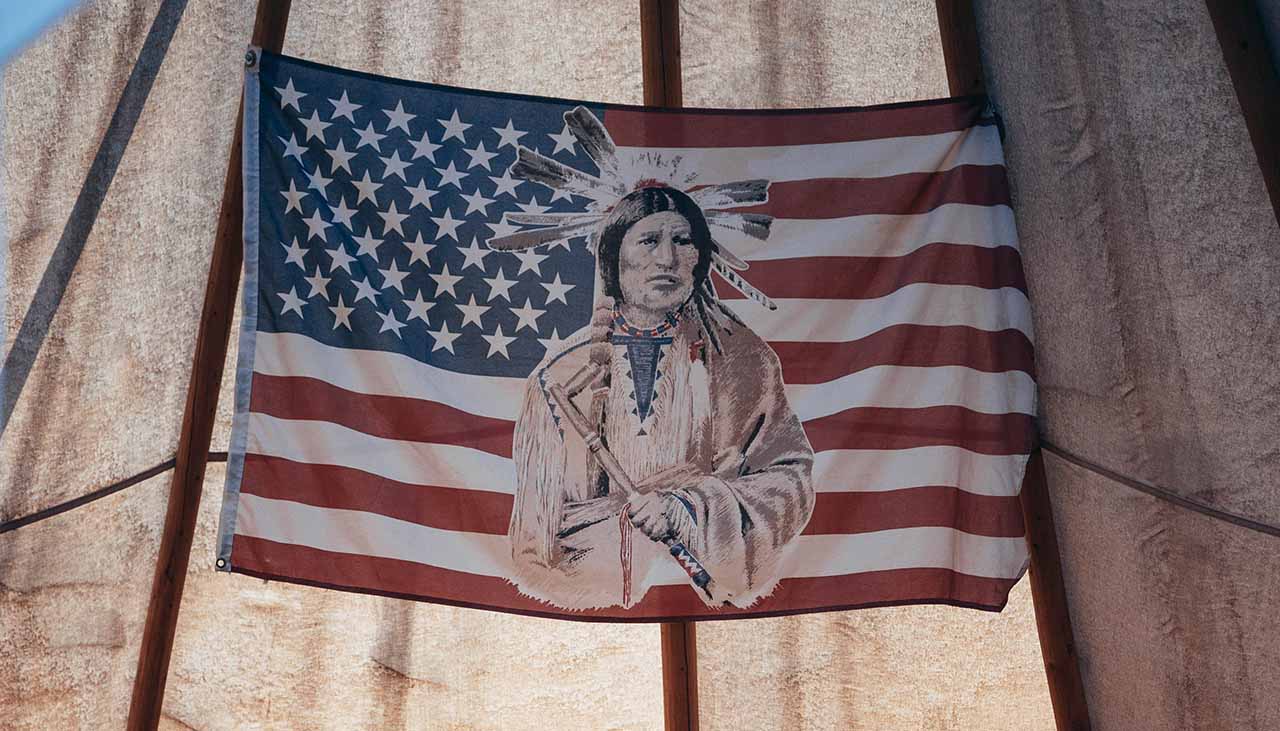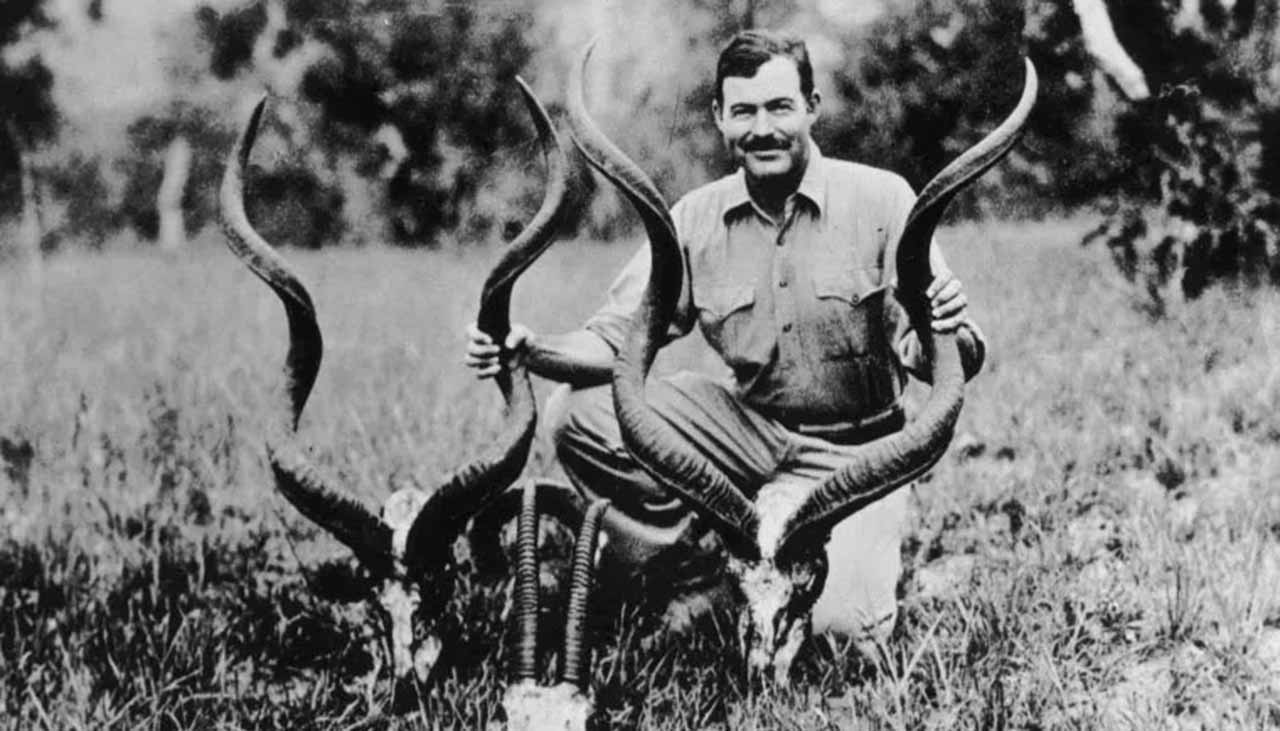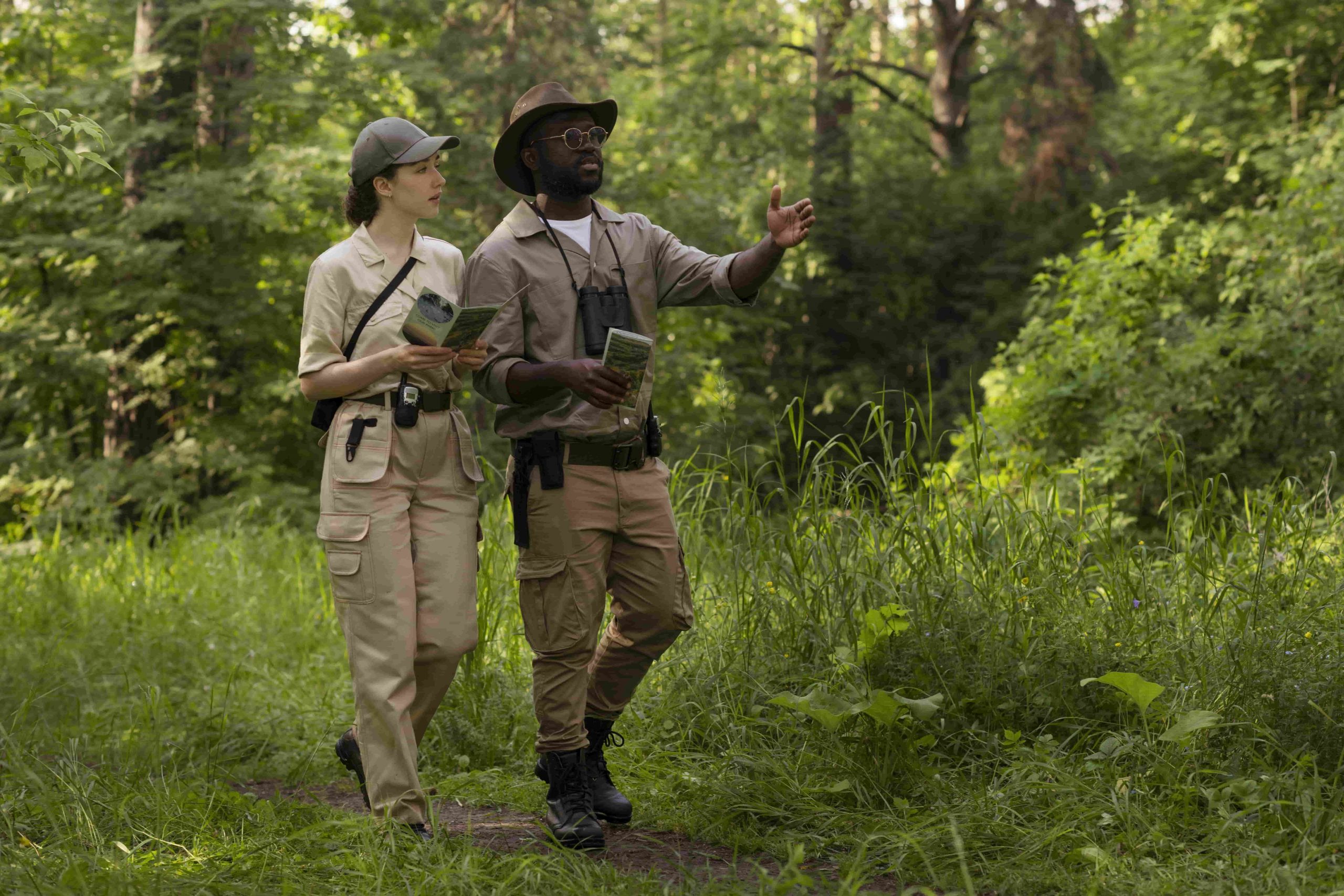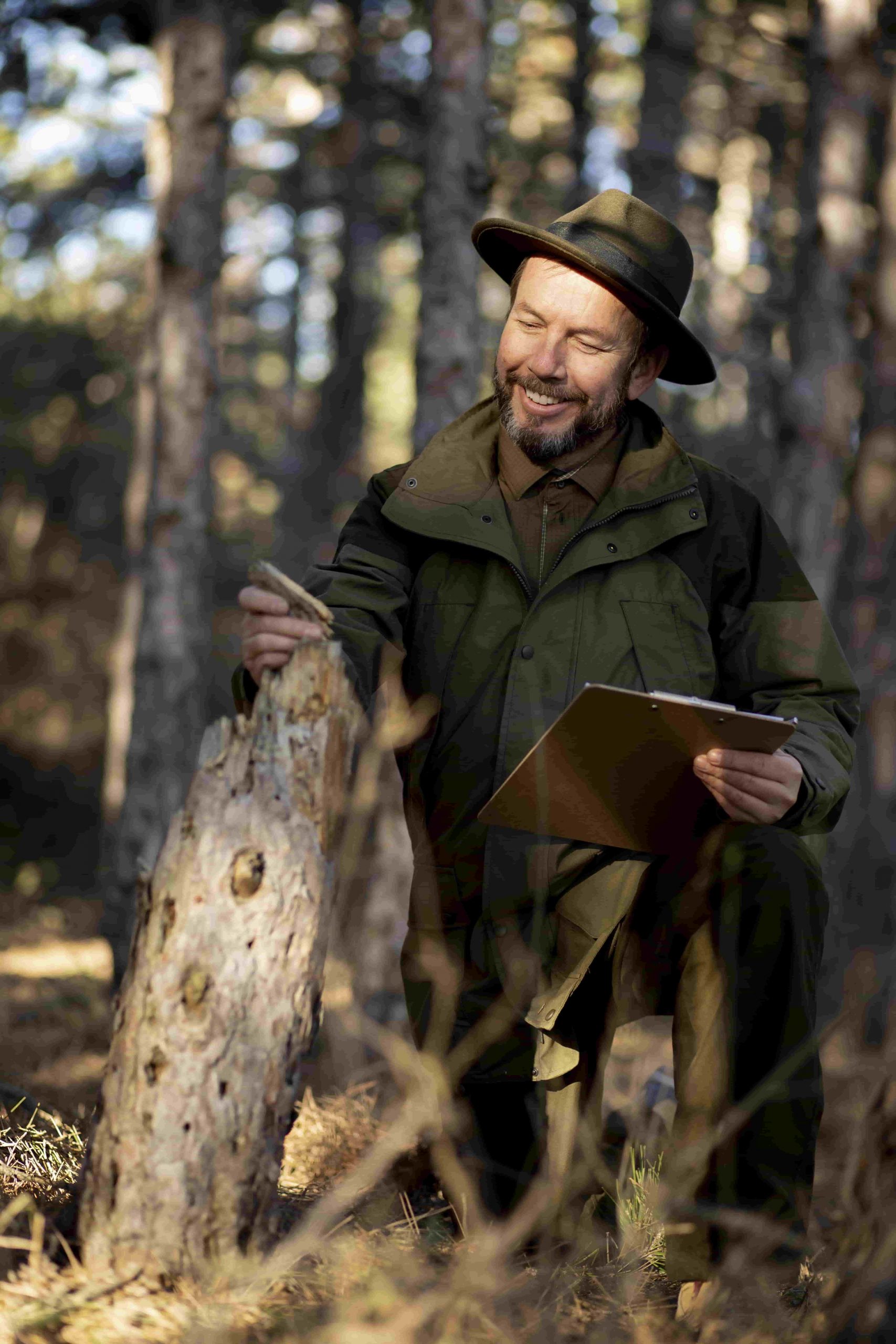The death of Cecil the Lion in 2015 sparked an international outcry and ignited a national debate about trophy hunting. While the event was certainly tragic, it also shone a light on other high-profile cases involving endangered and/or protected species being targeted for their parts or trophies. From Los Angeles to Africa and everywhere in between, these incidents have caused serious divisions among animal rights activists, conservationists, and hunters alike. In this blog post, we will examine some of these controversial legacies left behind by Cecil the Lion as well as other individuals who have been involved in taking down scientifically significant creatures. Through delving deeper into each case study, we aim to outline both sides of the argument surrounding wildlife exploitation while suggesting possible routes forward for tackling such issues going forward.
Exploring the tragedy of Cecil the Lion and its implications for conservation efforts
Cecil the lion was a beloved member of Zimbabwe’s Hwange National Park, and his death in 2015 sparked international outrage. Although some argue that trophy hunting can help fund conservation efforts, Cecil’s killing highlighted how this practice can lead to poaching. Furthermore, as Cecil was part of an endangered species, many worry that by removing him, the species could suffer a significant population decline. The incident has raised questions about whether trophy hunting is an acceptable practice in modern times and what can be done to ensure that endangered species are protected while allowing local communities to benefit from wildlife tourism.
Examining the complexities of big game hunting in Africa and its effects on locals
Big game hunting is not a new phenomenon in Africa; it has long been practiced by indigenous cultures across the continent, with some viewing it as a tradition or part of their heritage. However, when high-profile individuals employ guides to hunt for sport and target threatened species, this can have serious repercussions for local communities who rely on these animals for food and income. Furthermore, poaching levels often rise as poachers see an opportunity for profit-making. Thus, this raises the question of whether trophy hunting should be banned or regulated more tightly to prevent further exploitation of animals and local people.
Breaking down the debates surrounding trophy hunting, animal rights, and cultural heritage in Africa
The debate around trophy hunting is a complex one that involves both ethical and financial considerations. On the one hand, some argue that it can help fund conservation efforts while providing income for locals who are employed as guides or trackers. On the other hand, opponents decry it as unethical and immoral; they believe that it merely serves wealthy individuals’ interests while allowing them to skirt legal regulations meant to protect endangered species or culturally significant animals such as Cecil the Lion. Additionally, animal rights activists point out that these animals are sentient beings and deserve the same protections as humans. Moreover, some indigenous communities feel that their traditions are being trampled on when wealthy outsiders come in to hunt for sport. Thus, it is necessary to examine both sides of this argument to make an informed decision about how best to protect both wildlife and cultural heritage.
Analyzing how celebrities, politicians, and other high-profile individuals respond to these controversies
In the wake of Cecil’s death, many celebrities and politicians were quick to express their outrage at the incident; they called for a ban on trophy hunting or tighter regulations. In addition, several prominent figures such as Leonardo DiCaprio have spoken out against big game hunting and emphasized the importance of protecting endangered species. Even President Obama condemned the event, highlighting how trophy hunting can be seen as a serious ethical issue by people all over the world. This shows that high-profile individuals have an important role to play in raising awareness about these issues and encouraging others to take action.
Discussing cases of similar controversies that have involved other animals such as elephants and rhinoceroses
Unfortunately, Cecil’s story is not unique; there have been reports of similar incidents involving other threatened species like elephants, rhinos, and leopards. In 2017, an American hunter shot dead one of Zimbabwe’s oldest elephants, sparking public outcry both locally and internationally. Moreover, concerns have been raised about poaching levels in Africa, as poachers continue to target elephants and rhinos for their tusks and horns. It is clear that trophy hunting is not the only threat facing these animals; it must be addressed alongside other issues such as poaching, habitat destruction, and climate change to ensure their long-term survival.
Conclusion:
The death of Cecil the Lion sparked a debate about the ethics of trophy hunting in modern-day society. This incident highlighted how big game hunting can have serious consequences – both for endangered species and local communities who rely on them for food and income. Although some argue that this practice can help fund conservation efforts or provide an income for locals, opponents decry it as unethical and immoral. Therefore, it is necessary to weigh both sides of this argument carefully to make an informed decision about how best to protect both wildlife and cultural heritage. Moreover, high-profile individuals such as politicians, celebrities, and activists must use their influence to raise awareness about these issues and urge others to take action. Finally, it is also essential that we tackle other threats facing endangered species such as poaching, habitat destruction, and climate change to ensure their long-term survival.

